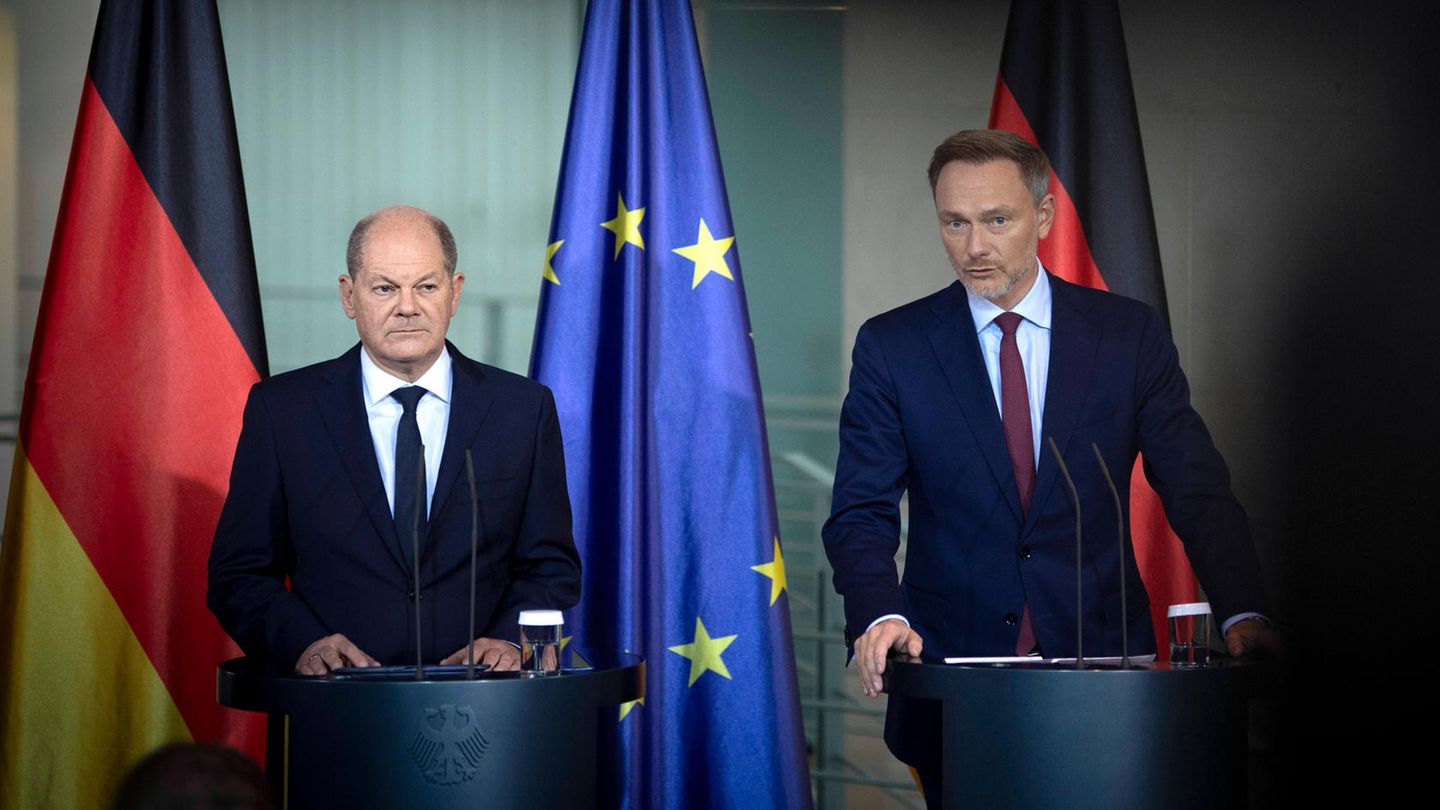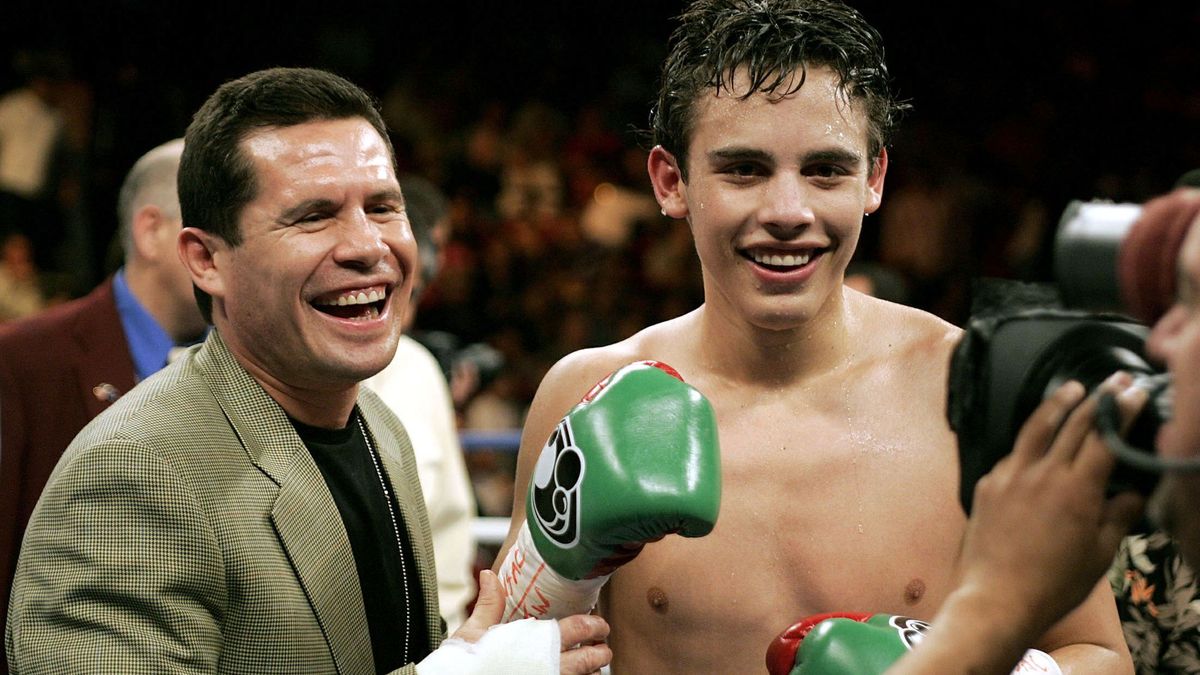column
The fact that the traffic light coalition of the SPD, FDP and Greens is fighting over the budget is nothing new. Especially when you know that things looked very similar decades ago.
Ludwig Erhard is fondly remembered by Germans as the founder of the social market economy, but rather poorly remembered as a Federal Chancellor. Erhard succeeded Konrad Adenauer in 1963, which sounds easier than it was because Adenauer would have liked to prevent him from becoming Chancellor. If you want to learn something fundamental about political mechanisms, power and toughness, we recommend Daniel Koerfer’s book about this feud.
“Battle for the Chancellery” contains one of my favorite political anecdotes. It is about a complaint from a CDU MP to Adenauer that the Union faction did not want to be treated like voting cattle and just say yes and amen to the Chancellor’s decisions. To which Adenauer responded to the MP: “It is enough if you say yes.”
But back to Ludwig Erhard. Although he won the 1965 federal election for the CDU and CSU with a result (47.6 percent) that even the CDU and SPD would only achieve with great difficulty today, Erhard only governed for three years. In 1966, his coalition partner left him – and you will soon understand why this is an interesting story, even with a view to the present.
A book has recently been published that, with a little goodwill, can be described as Erhard’s memoirs. It contains a manuscript that the former chancellor commissioned a few years after his departure from his confidant Hans “Johnny” Klein, who is still remembered by some as Helmut Kohl’s later government spokesman. Klein wrote in the first person, i.e. in Erhard’s name, about his time as chancellor. The manuscript was long overlooked by historical researchers, but now the historian Ulrich Schlie has discovered it and classified it. The Ludwig Erhard Foundation has published it as a book.
The FDP is the problem partner in the coalition – always
Erhard and the Union governed with the Liberals at the time, just as the Chancellor’s party, the SPD, and the Greens do today. The events took place almost 60 years ago, but some of them read like reports from the current coalition. Erhard wrote: “A dilemma that sooner or later every coalition partner of the FDP finds itself in is the occasional attempt by the minority to impose its opinion on the majority.” The essence of a coalition, however, is compromise, “which, however, must also take the weight of the majority into account in a reasonable manner.”
The book contains some even harsher statements about the FDP, such as the accusation that it always “acts according to current opportunism”. The complaint that leading liberal politicians openly talk about their preference for other coalitions also sounds familiar, as did the current FDP General Secretary Bijan Djir-Sarai, who would rather govern with the Union.
Ludwig Erhard lasted 1,142 days as chancellor, then the coalition collapsed over a dispute about, of course, the budget. The Union wanted to increase taxes to plug a hole in the budget, which the Liberals strictly opposed. The rift could no longer be mended, and the first grand coalition followed.
Olaf Scholz is currently in the middle of getting a budget passed. The draft is now available, but it still has to go through the Bundestag. If that works, Scholz has a good chance of having stuck with the FDP longer than Ludwig Erhard. The time would come on January 23, 2025.
Source: Stern
I have been working in the news industry for over 6 years, first as a reporter and now as an editor. I have covered politics extensively, and my work has appeared in major newspapers and online news outlets around the world. In addition to my writing, I also contribute regularly to 24 Hours World.




